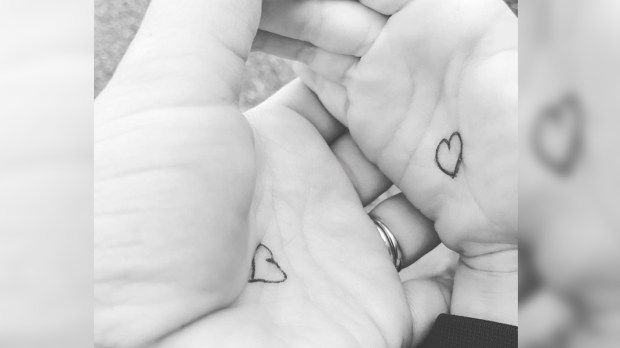When do we stop being little children? Possibly at the terrible moment of enlightenment when we suddenly understand that the world works completely differently from what we thought before.
In a nutshell, I would call it the Santa Claus Moment — that instant when all of a sudden you understand that all the letters you ever wrote to Santa asking for gifts were actually read by your parents, and that it’s your uncle hiding behind the big white beard. We can feel a great disappointment and sadness because we suddenly realize that we were deceived somehow, and that something special has been taken away from us.
I don’t know if, or for how long, children believe in Santa today, but that’s just one example. It’s really about the disappearance of illusions, which can happen in many different ways. At one point or another, we all experience a first moment of shock upon discovering that things are not what we thought they were, and that instant is, perhaps, the first step towards our cynical teenage years. When we stop believing in fairy tales, we begin the slow and at times painful (for us and our parents) path to mental maturity.
Willing suspension of disbelief
It’s good when over time, as adults, we regain some of that naïveté. We can experience magic in the world through the willing suspension of disbelief that allows us to re-enter the world of fairy tales, enjoy clever tricks of illusionists, be entertained by movies based on comic books, play silly games, and so forth. It also allows us to interact with our own children on a different plane, which can be very important in their early years.
I thought of all that when I saw this photo:
Hug button
The image is from the Facebook page of Louise Mallet, from Ipswich, England. Her youngest son, named Max, went to school for the first time this year, and was very emotional and a bit scared. His mother Louise came up with a great idea: she drew a heart on his hand and on hers, and told him it was a button so they could send each other hugs.
Louise describes it in her post: “If we pressed it, it sent a hug to the other […] It totally worked! I drew a heart on both our hands and gave him a spare one on his arm in case the one on his hand wore off, we ‘charged’ them by holding hands on the way to school and when I picked him up I said did you get my hugs and he happily said yep!”
When Louise posted a photo of their hands with the “hug buttons” on Facebook, it went viral. Soon the British press picked up the topic, and other parents wrote in comments that they would “steal the idea,” and some have already reported that they have found the technique very effective.
Since it seems to work, why not keep it as an option in your set of parenting tools? I believe in wise parents who know how to handle gently the sensitivity of their children in imaginative ways that will help them, even after they understand how much is imagination and how much is reality. I also believe that we should not rush our children into adulthood before it is time, by disabusing them of all the fantasies and magical thinking proper to their age. They will become cynical teenagers soon enough; let’s let them enjoy their innocence, and let’s not be afraid to suspend our disbelief from time to time — for their sake, and our own.

Read more:
Your kids really do need all those hugs
This article was originally published in the Polish edition of Aleteia, and has been translated and adapted here for English-speaking readers.

